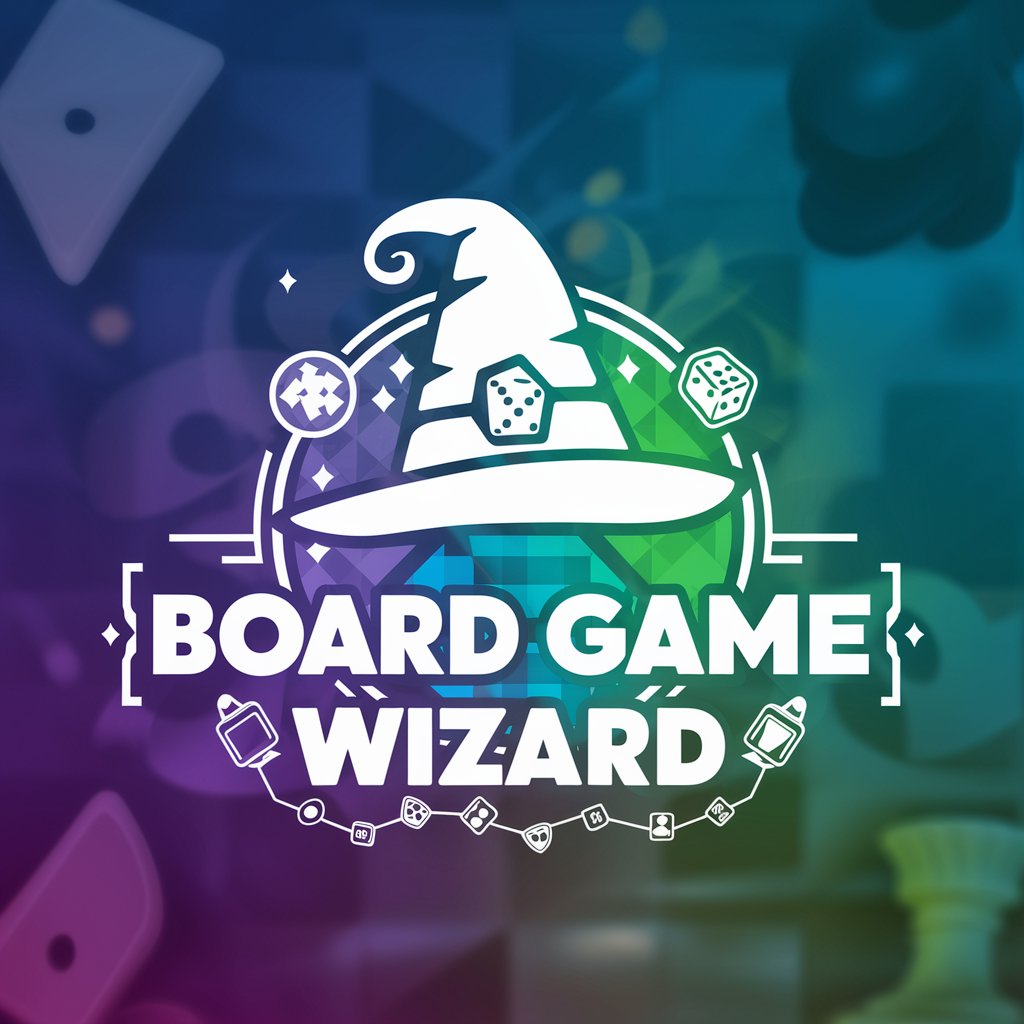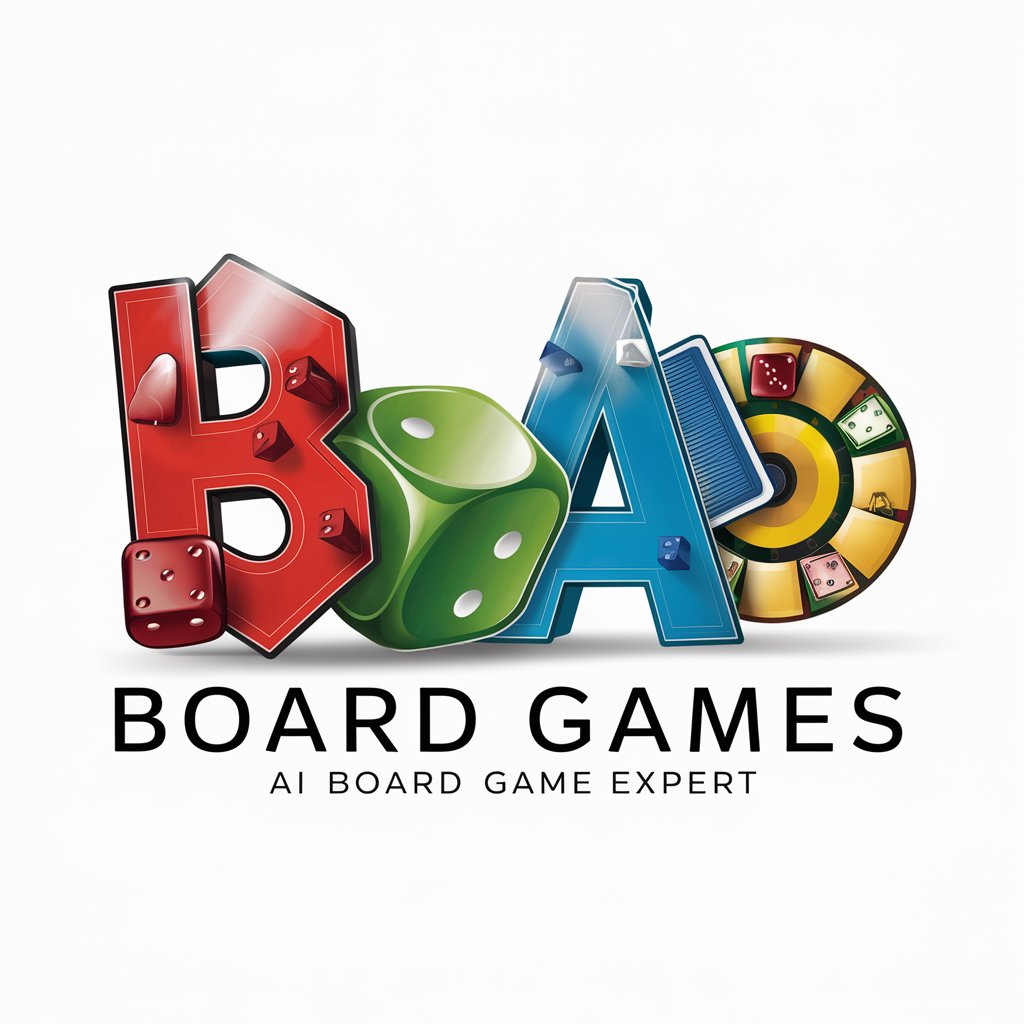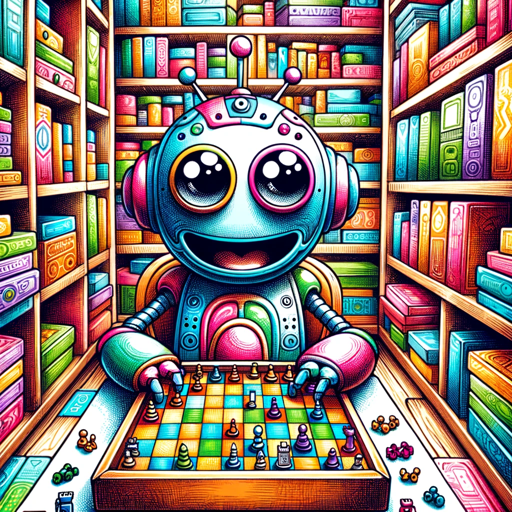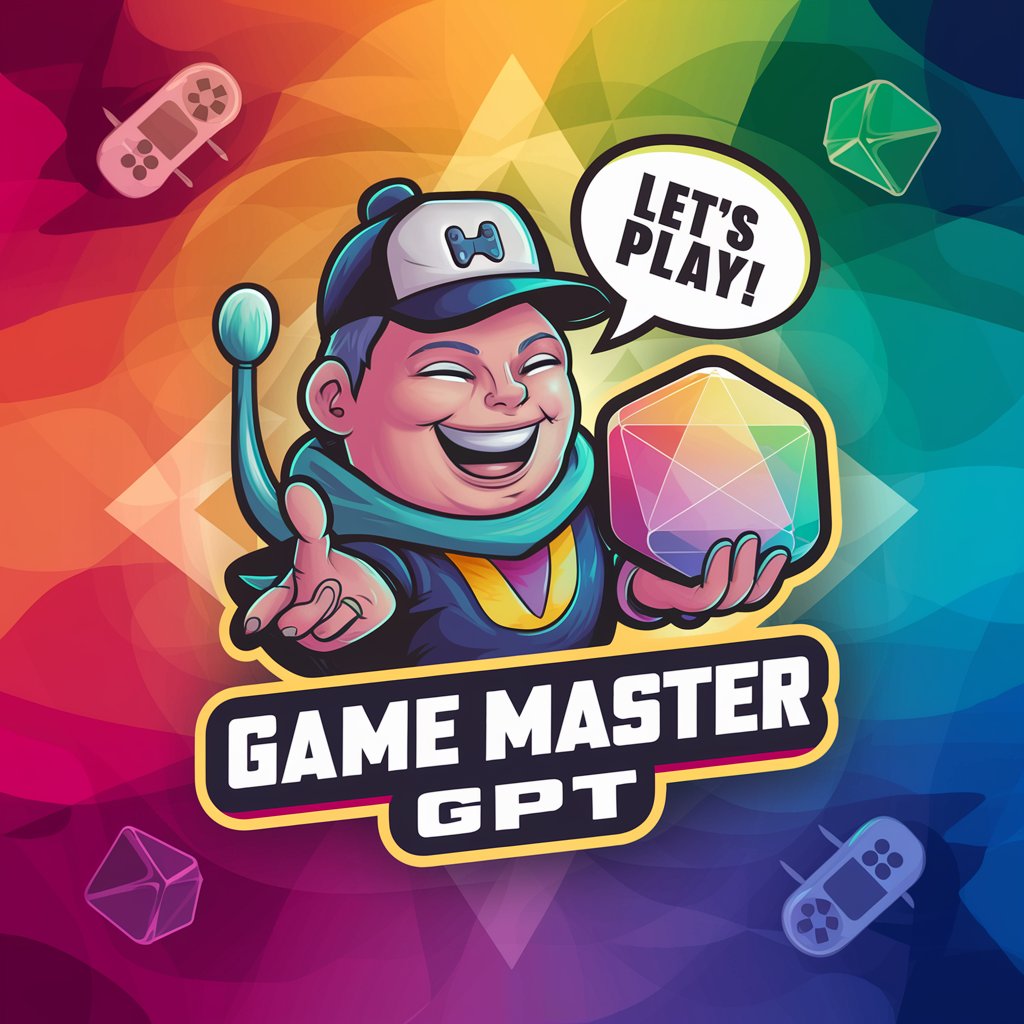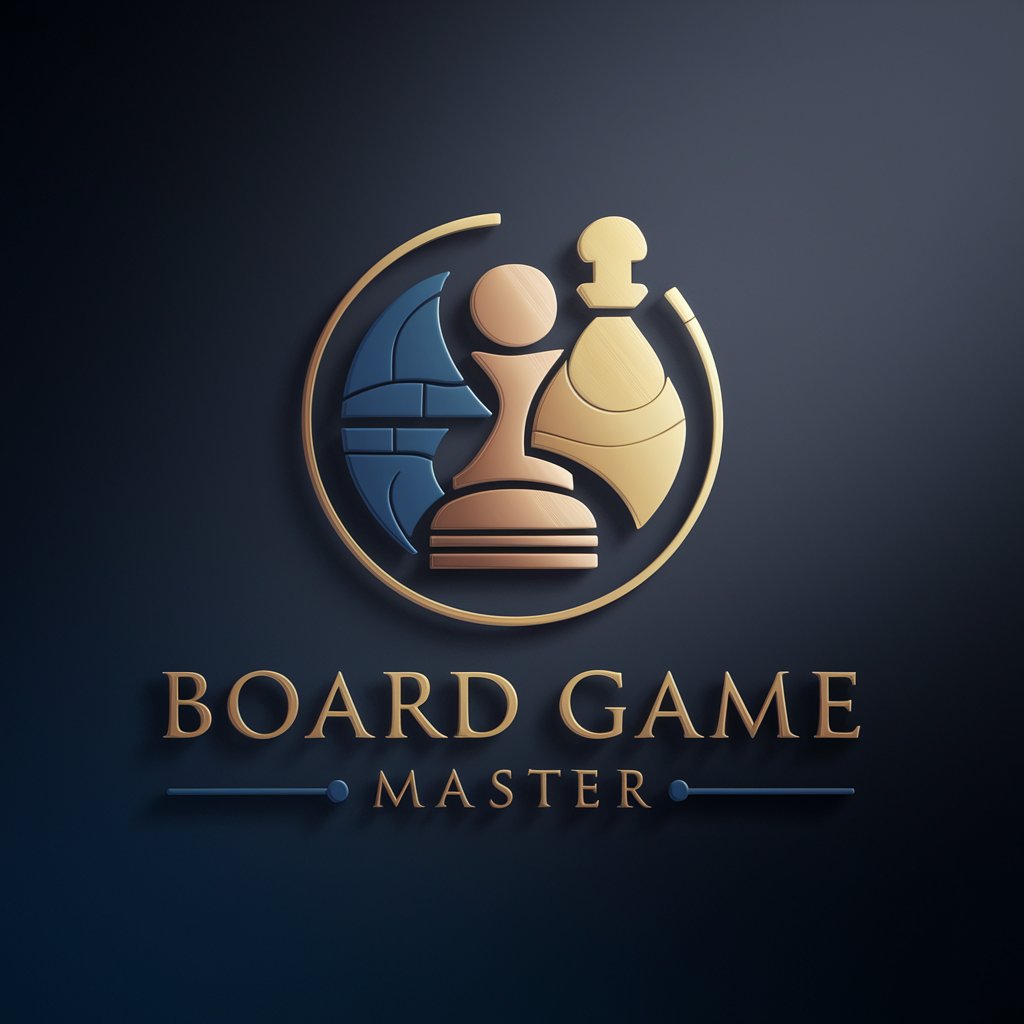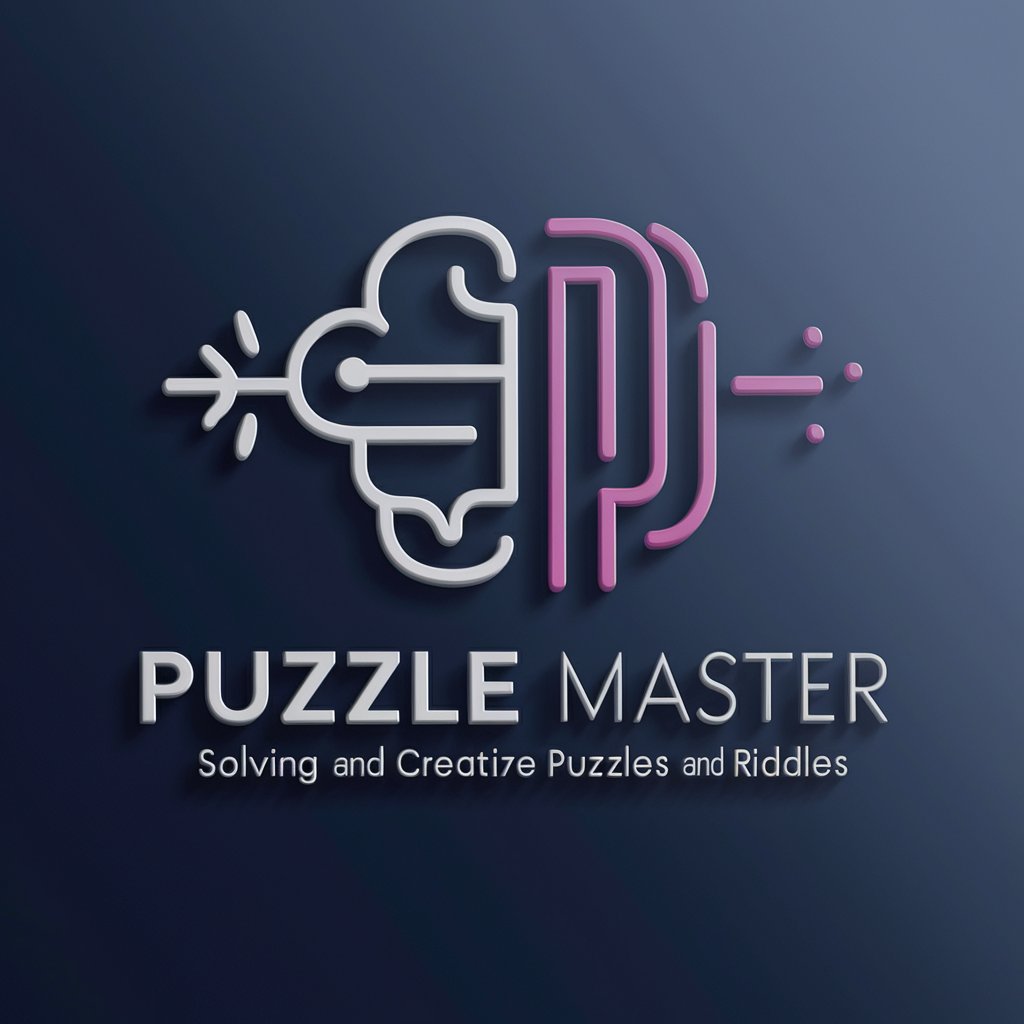
Board Game Master - Comprehensive Game Development
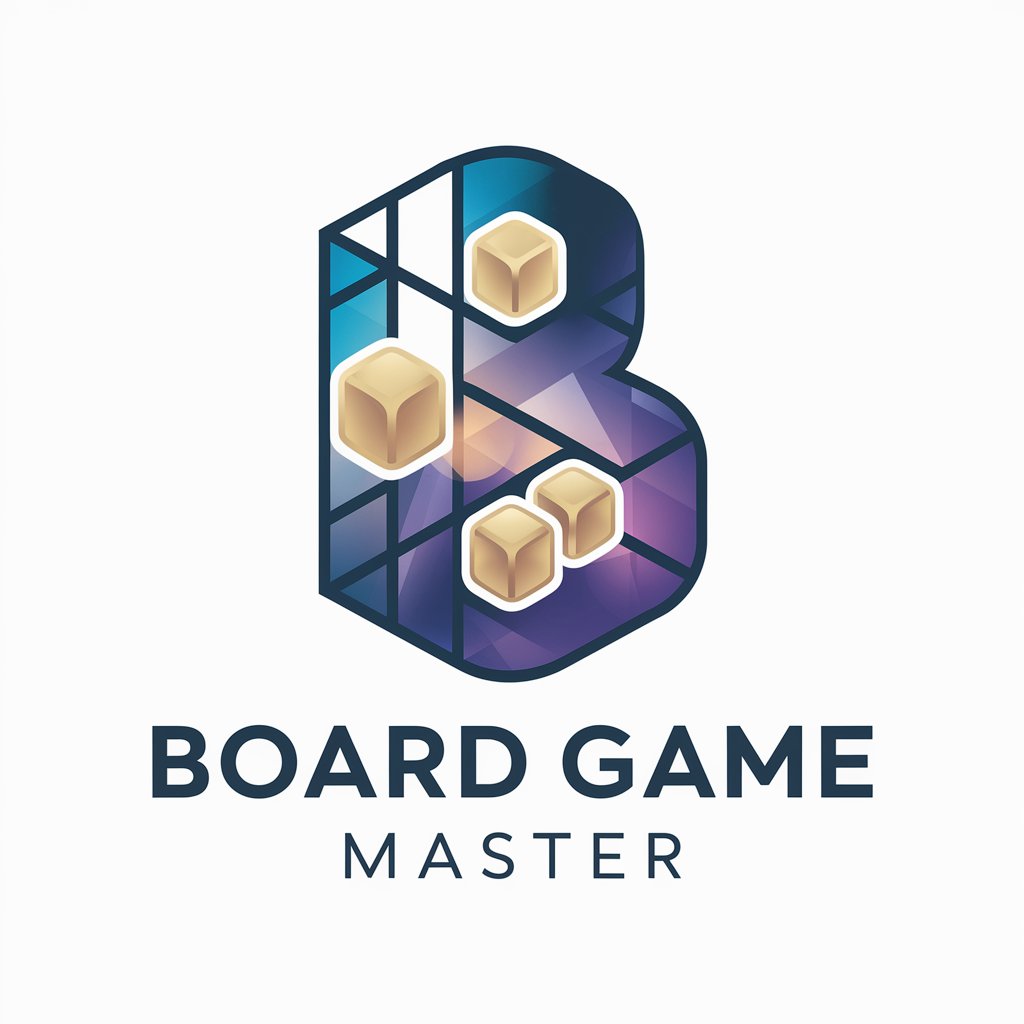
Welcome to Board Game Master, your ultimate game development assistant!
Empower Your Game Creation with AI
Describe a captivating fantasy realm for a new role-playing game.
Outline a unique board game mechanic that enhances player interaction.
Create a detailed character profile for a key NPC in a fantasy setting.
Design a challenging puzzle or riddle that players must solve in a game.
Get Embed Code
Introduction to Board Game Master
Board Game Master (BGM) is a comprehensive assistant designed for the development of board games and role-playing games (RPGs). BGM's primary design purpose is to streamline and enhance the game creation process by providing a suite of interactive tools and modules. These tools aim to facilitate various aspects of game development, including gameplay simulation, graphic design, pixel art game creation, and creative writing. For example, as a Virtual Game Master, BGM can simulate interactive game sessions, allowing creators to test and refine gameplay mechanics. In graphic design, it offers capabilities to generate visuals consistent with the game's art style, including character illustrations and game environment visuals. Through its pixel art module, BGM assists in designing games with a retro aesthetic, offering guidance on pixel art creation. Lastly, its creative writing module aids in expanding the game's universe with engaging narratives and backstories. Powered by ChatGPT-4o。

Main Functions of Board Game Master
Virtual Game Master
Example
Facilitating a Dungeons & Dragons session to test new character classes.
Scenario
A game designer creating a tabletop RPG can use BGM to simulate a game session, testing how new character classes interact within the game's world and with each other. BGM can generate scenarios, control NPCs, and adjust game dynamics in real-time, providing valuable feedback for balancing and enhancing the game.
Graphic Design Integration
Example
Creating a set of unique monster illustrations for a fantasy board game.
Scenario
A graphic designer working on a fantasy board game uses BGM to generate illustrations of monsters that fit the game's art style. This tool allows for quick visualization of concepts, aiding in the development of a consistent visual theme across the game's components.
Pixel Art Game Creation
Example
Designing a pixel art map for an 8-bit style adventure game.
Scenario
A developer aiming to create an RPG with a nostalgic 8-bit look uses BGM to design pixel art maps. BGM provides guidance on color palettes, sprite design, and overall aesthetic to ensure the game authentically captures the retro gaming vibe.
Creative Writing Module
Example
Writing a backstory for the main antagonist in a sci-fi board game.
Scenario
A writer uses BGM to craft a detailed backstory for the main antagonist of a sci-fi board game, enriching the game's narrative depth. This backstory is then integrated into the game's manual and marketing materials, providing players with a more immersive gaming experience.
Ideal Users of Board Game Master Services
Game Designers
Individuals or teams involved in creating board games or RPGs who seek to streamline their development process, test gameplay mechanics, and enrich their game's narrative and visual components. BGM's tools can significantly enhance the efficiency and creativity of their design process.
Graphic Designers and Artists
Artists specializing in game art who require a tool to quickly visualize and iterate on game visuals, including characters, environments, and items. BGM can assist in maintaining a consistent art style throughout the game's development.
Writers and Storytellers
Creators focusing on the narrative aspects of games, including backstory, lore, and character development. BGM's creative writing module provides a structured environment for developing compelling stories that complement the game's design.
Educators and Workshop Leaders
Professionals teaching game design, storytelling, or digital art can use BGM as a teaching tool, allowing students to experiment with game development concepts in a hands-on manner. BGM's interactive and multifunctional nature makes it an excellent resource for educational settings.

How to Use Board Game Master
1
Start your journey by visiting yeschat.ai for an initial experience without the need for registration or a ChatGPT Plus subscription.
2
Select the Board Game Master module that best fits your project needs, whether it's game design, storytelling, or pixel art creation.
3
Input the specifics of your game idea, including theme, setting, and any particular mechanics you wish to explore or test.
4
Utilize the interactive features such as the Virtual Game Master for playtesting, or the Integrated Graphic Design tool for creating visuals.
5
Review the generated content, making adjustments as necessary, to refine and perfect your game design or narrative elements.
Try other advanced and practical GPTs
Lingo Buddy
Master Languages with AI-Powered Conversations
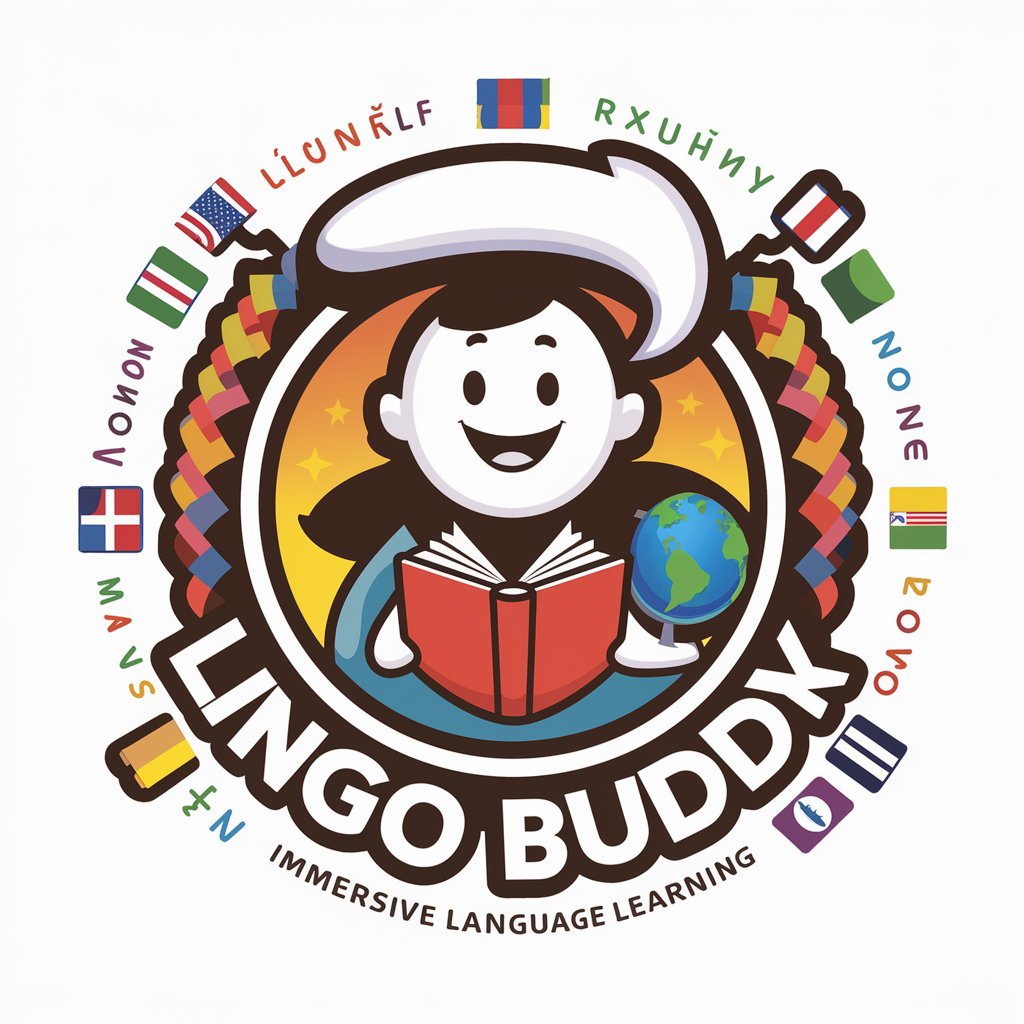
Growth Marketing Specialist
Empowering growth with AI-driven insights

유아 교육 및 보육 분야의 30년 현장, 학계 전문가
Empowering early education with AI-driven expertise

One-Shot Prompter
AI-Driven, Precision Prompt Crafting
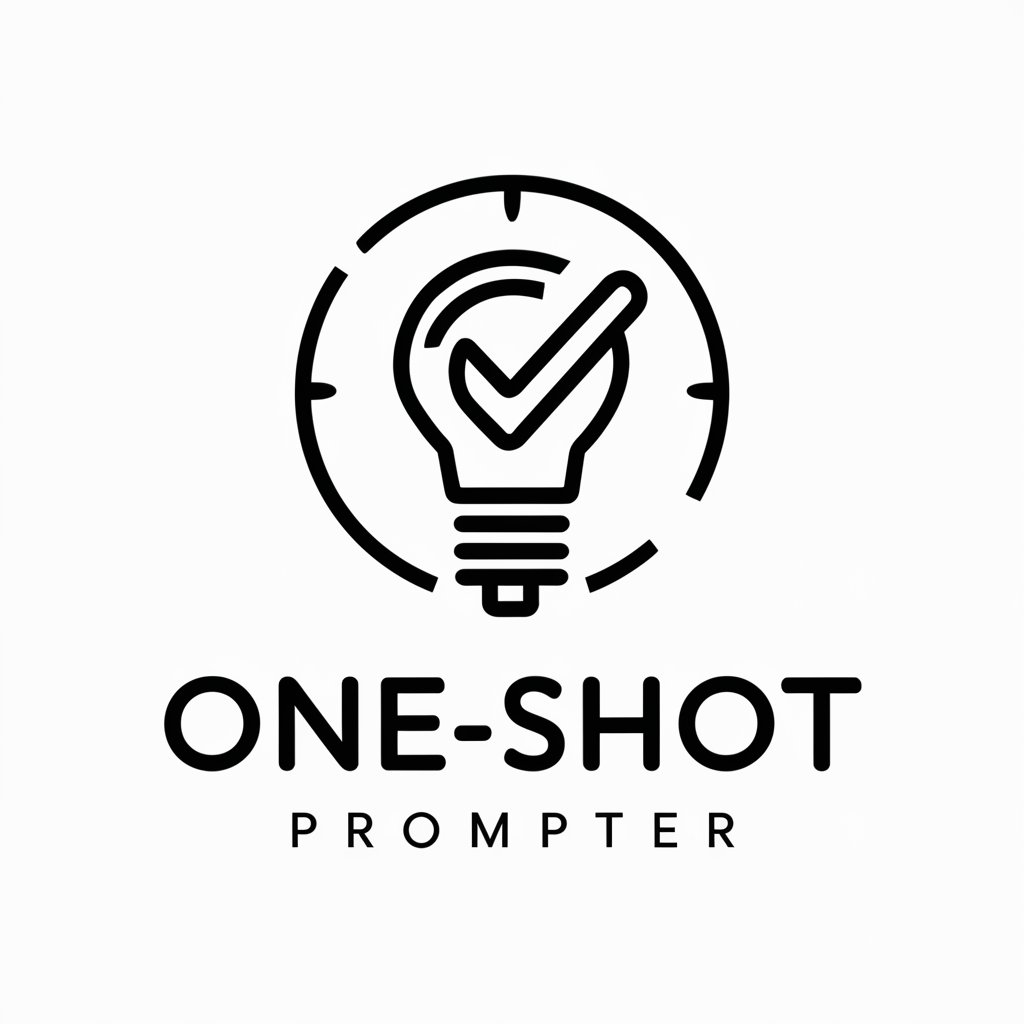
WVA
Your AI-Powered Cybersecurity Mentor
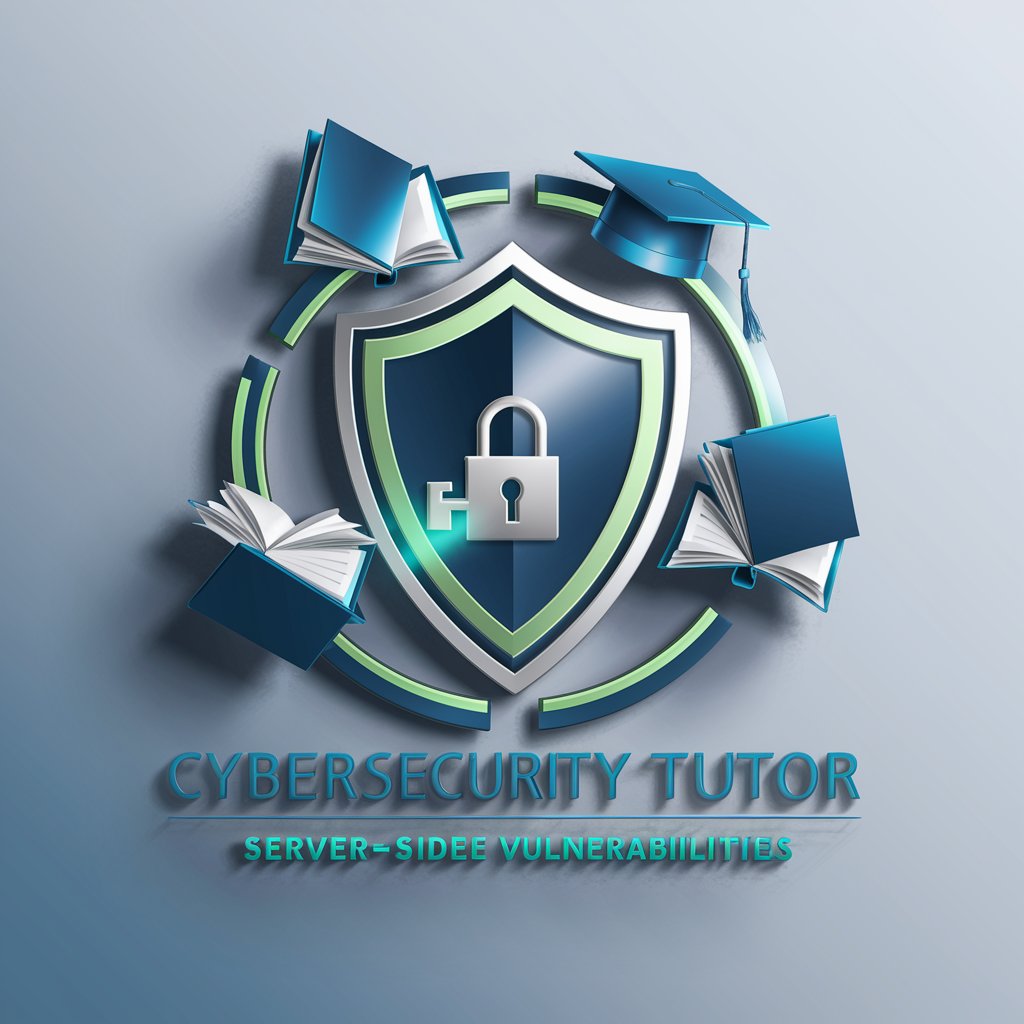
Date GPT
Revolutionizing date planning with AI.
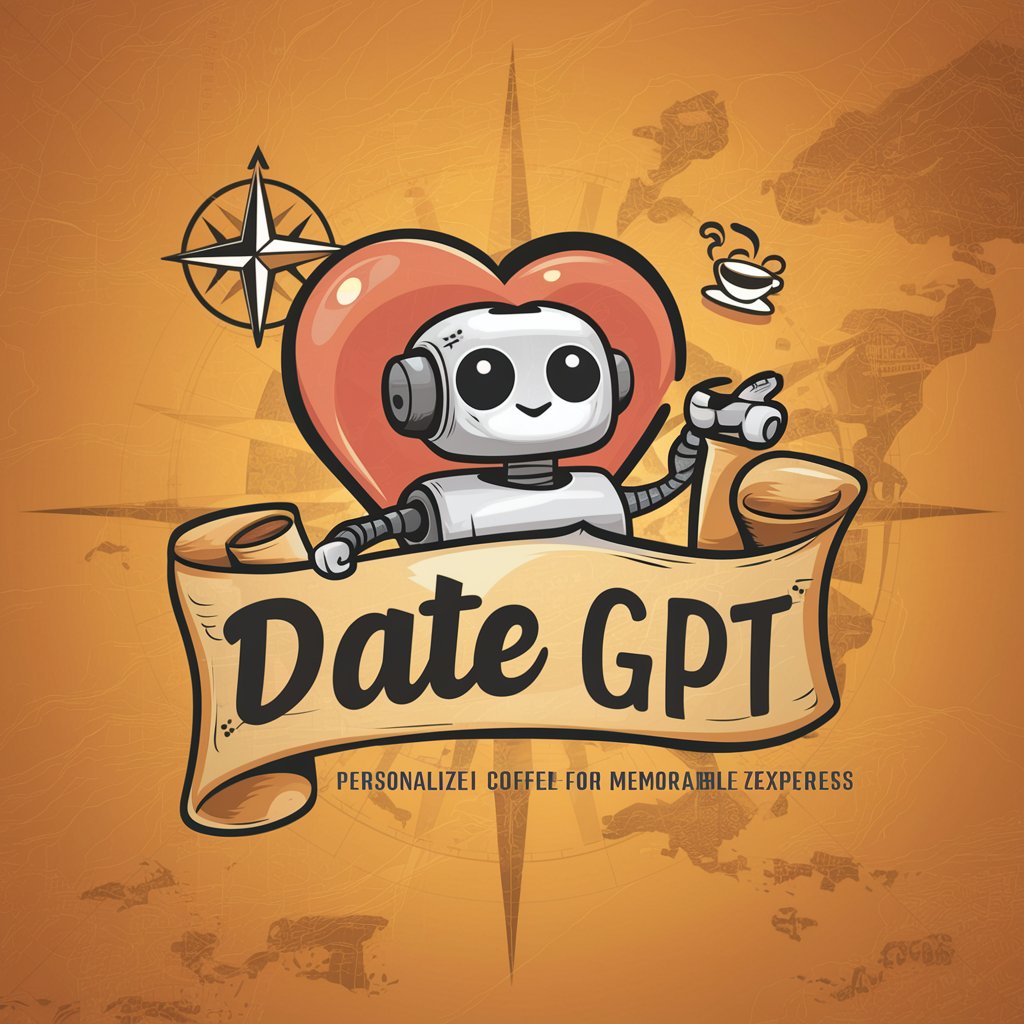
Interactive GPT Creation Guide
Craft AI-driven solutions effortlessly.
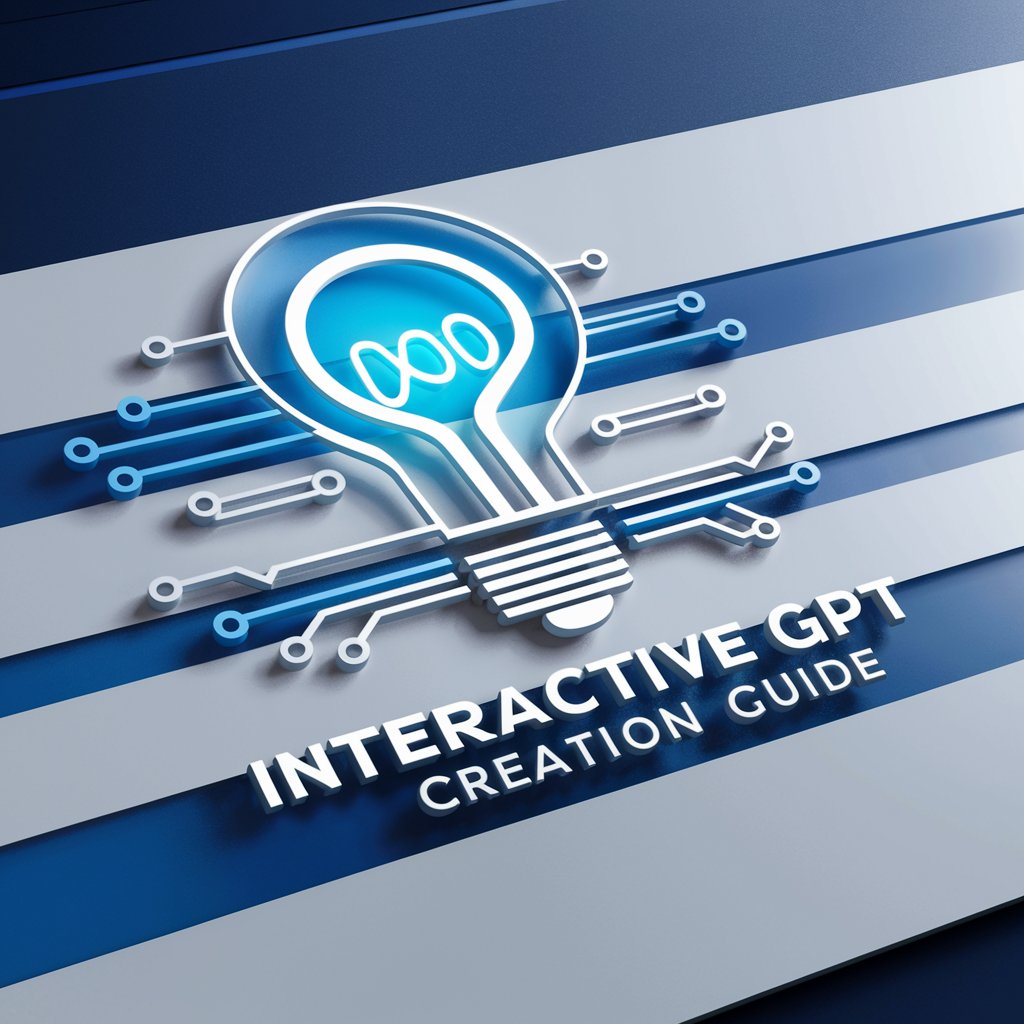
Clinical Medicine Handbook
Empowering Healthcare with AI Expertise

Watson
Empowering Cybersecurity with AI Intelligence

Synthetic Socializer
Mimic, Engage, Connect: AI-Powered Social Insights
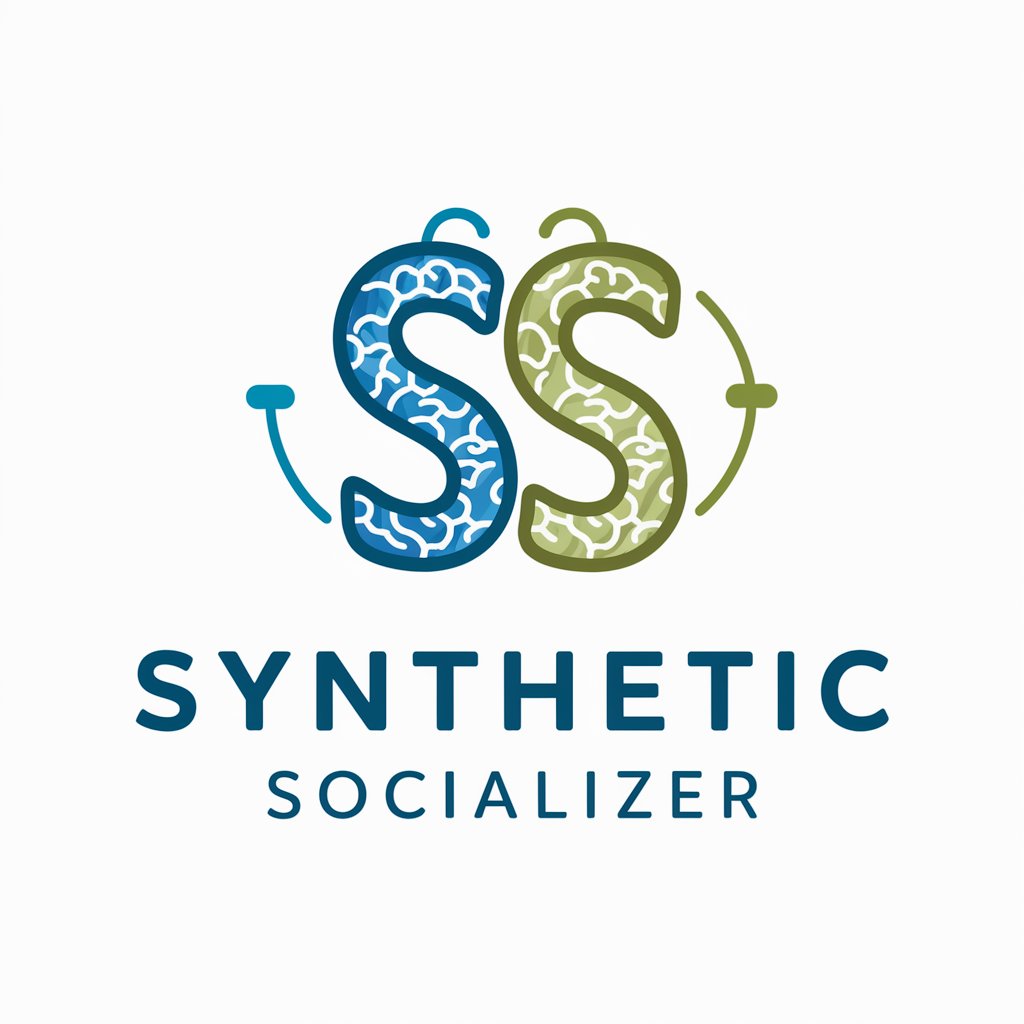
BPMN-GPT
Streamlining Process Design with AI-Powered BPMN

Austen Scribe
Reviving Jane Austen's Elegance with AI
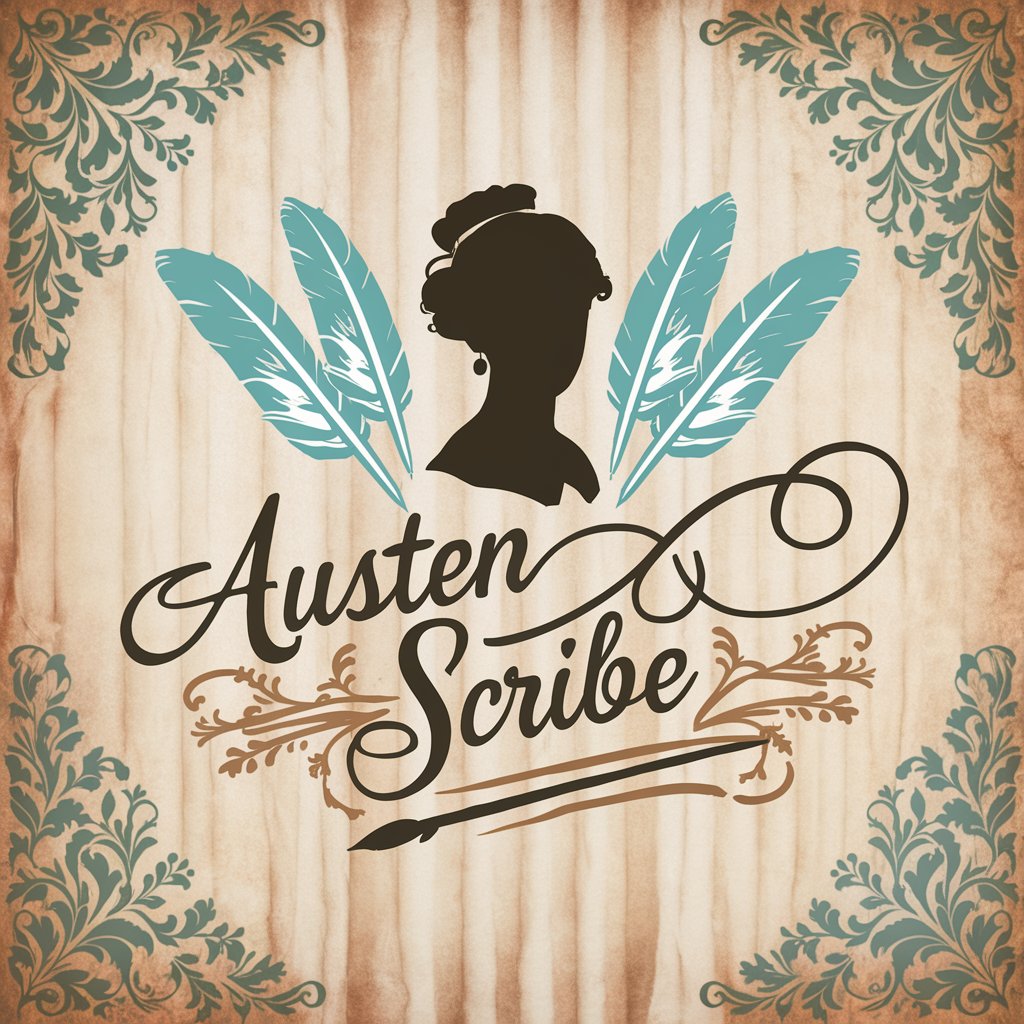
Frequently Asked Questions about Board Game Master
What makes Board Game Master unique for game development?
Board Game Master uniquely integrates AI-driven tools for a comprehensive game development experience, covering aspects from virtual game mastering to pixel art creation and storytelling, all tailored to enhance and streamline the creative process.
Can Board Game Master assist in the development of both board games and RPGs?
Yes, Board Game Master is designed to support the creation of both board games and role-playing games (RPGs), offering tools and functionalities adaptable to the varying needs of these game types.
How does the Virtual Game Master feature work?
The Virtual Game Master simulates game scenarios, guiding creators through gameplay experiences, facilitating testing, and offering insights for gameplay refinement, all based on the rules and mechanics specified by the creator.
Is any prior game design experience required to use Board Game Master effectively?
No prior experience is necessary. Board Game Master is built to be accessible to both novices and experienced game designers, offering guided assistance throughout the game development process.
Can Board Game Master generate game components, like cards or tiles?
Yes, through its Integrated Graphic Design tool, Board Game Master can generate visual components such as cards, tiles, and character art, aligning with the game's theme and aesthetic requirements.
